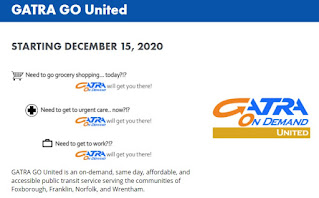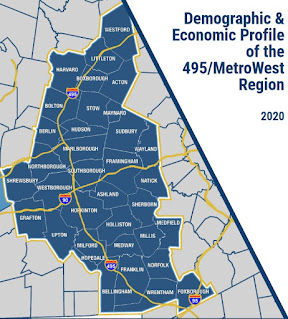This session shares part 3 of the Franklin, MA School Committee meeting held on Tuesday, Mar 9, 2021.
The meeting was conducted in a hybrid format: some of the School Committee members, Central Office personnel, and key guests were in the Council Chambers; the remainder, along with the public, were remote via conference bridge, all to adhere to the ‘social distancing’ requirements of this pandemic period.
I’ve split the just almost three hour meeting into three logical segments:
- First - covers the opening through the Keller Elementary presentation (approx. 39 minutes)
- Second - School Budget - first view- Supt Ahern and her staff walk through the budget highlights (approx. 53 mins)
- *** Third *** - from the return to in person learning plan through to the end of the public meeting (approx. 85 minutes)
Let’s listen to this segment of the School Committee meeting of Mar 9, 2021
https://www.franklinps.net/sites/g/files/vyhlif4431/f/uploads/superintendents_report_to_school_committee_march_9_2021.pdf
Return to in person plan https://www.franklinps.net/district/meeting-packets/files/person-presentation-3-9-21
Meeting packet folder
https://www.franklinps.net/district/school-committee/pages/march-9-2021-school-committee-meeting-packet
My notes from the meeting
https://www.franklinmatters.org/2021/03/school-committee-recap-march-9-meeting.html
We are now producing this in collaboration with Franklin.TV and Franklin Public Radio (wfpr.fm).
This podcast is my public service effort for Franklin but we can't do it alone. We can always use your help.
How can you help?
- If you can use the information that you find here, please tell your friends and neighbors
- If you don't like something here, please let me know
Through this feedback loop we can continue to make improvements. I thank you for listening.
For additional information, please visit Franklinmatters.org/ or www.franklin.news/
If you have questions or comments you can reach me directly at shersteve @ gmail dot com
The music for the intro and exit was provided by Michael Clark and the group "East of Shirley". The piece is titled "Ernesto, manana" c. Michael Clark & Tintype Tunes, 2008 and used with their permission.
I hope you enjoy!
------------------
You can also subscribe and listen to Franklin Matters audio on iTunes or your favorite podcast app; search in "podcasts" for "Franklin Matters"









